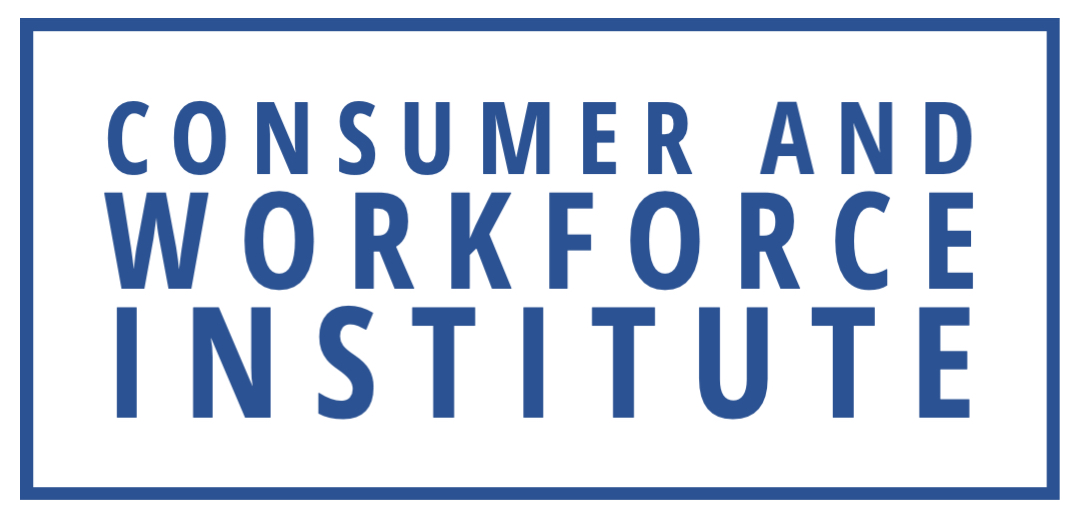News Articles
“We should monitor suicides,” a top official at the Veterans Affairs Department wrote the day Kabul fell.
Some businesses are hiring from regions with greater Black populations. Others are training Black front-line workers for jobs that can be done from home.
The ranks of American workers are thinning—often because people aged out of the workforce, or never entered it. Their absence could impede the economy’s ability to grow, and make for a less prosperous future.
For a generation or more, America’s high levels of child poverty set it apart from other rich nations, leaving millions of young people lacking support as basic as food and shelter amid mounting evidence that early hardship leaves children poorer, sicker and less educated as adults.
Opportunities for advancement appeal to housekeepers, front-desk workers
The pandemic has hastened already-existing economic trends, such as the increase in remote work. But at the same time, it is also exacerbating existing economic disparities.
Federal Reserve officials want to know where things stand in the job market’s recovery. It’s trickyto guess that, with so many workers on the sidelines.
Many lower-income Americans who left the workforce when the pandemic began three years ago are staying on the sidelines because of a lack of child care, a factor contributing to worker shortages and historically low unemployment.
NPR’s Lulu Garcia-Navarro asks Economic Policy Institute Senior Economist Elise Gould about the pandemic’s economic effects onwomen and minorities.
Top White House economic officials are considering a renewed push for a suite of policies aimed at luring more Americans back to work, including enhanced child- care and eldercare benefits, as they hammer out priorities for the coming year.

Contact Us
Please submit the form to the right to reach out to our team.
